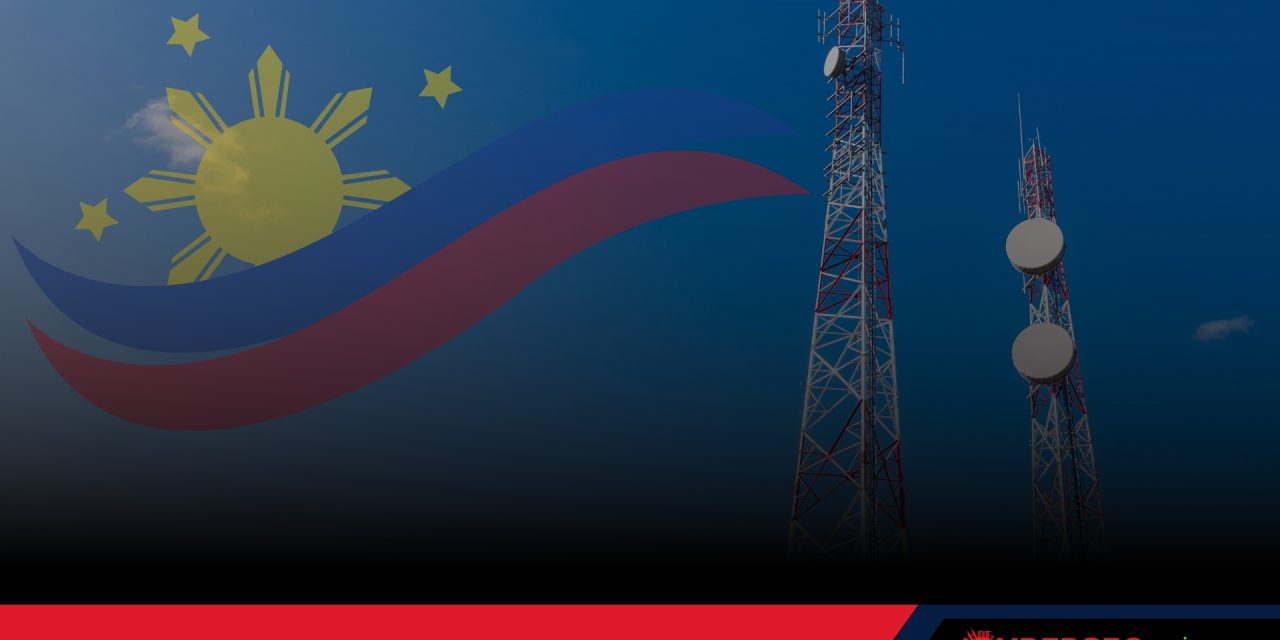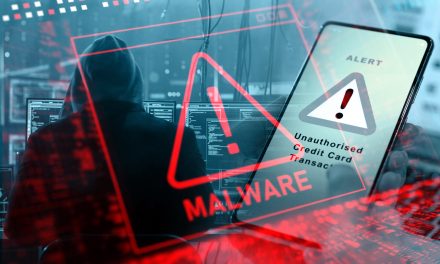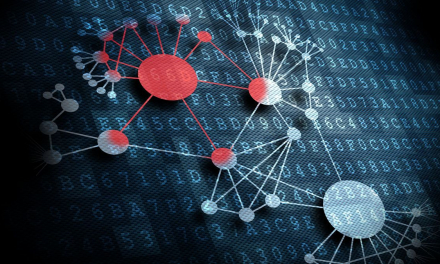The Philippines has waited long for a third telco to end the duopoly of Globe Telecom and PLDT. Now concerns over cybersecurity may cause the wait to be a bit longer.
The selection process took about a year before Dito Telecommunity Corporation (formerly Mislatel) was granted a license to operate in July of this year. Dito Telecom will start commercial operations next year.
A Memorandum of Agreement (MOA) with the Armed Forces of the Philippines (AFP), however, in which Dito plans to install facilities in Philippine military camps, has triggered cybersecurity concerns.
What came before
Last year, numerous stakeholders took part in a public consultation before the drafting of the Terms of Reference (TOR) for the selection of the third telco. There were concerns such as the third telco passing on its operating costs to consumers or in the case of the Philippine government, the possibility of the third telco just using government assets to earn a huge amount of money.
As far back as 2017, Philippine President Rodrigo Duterte had wanted the third telco to have been operating by the first quarter of 2018. When September 2018 came to pass and still no third telco had been named, the usually outspoken president remarked “I’ll take over” if the Department of Information and Communications Technology (DICT) had not selected a bidder by November, 2018.
The DICT finally chose the highest committed level of service (HCLOS) method over an auction and issued an official TOR. A number of companies then submitted proposals. This writer had a brief chat with an Undersecretary over what actually happens when a company or consortium submits a bid:
Carlo Cordova (CC): My understanding is that for a company or conglomerate to participate in a bidding process, the cost of the bidding document alone is already 1 million pesos?
Undersecretary (USEC): The 1 million pesos you are talking about: That’s just one million, what is the cost of the project?
CC: Billions. (Dito is now committed to spend PhP257 billion over the next five years)
USEC: So there you are. And usually there are companies that would back out.
CC: I see. These companies would back out even after letting their intentions known that they would participate.
At the end of a lengthy process during which Engr. Eliseo Rio, Jr. was probably the only person to have taken the post of “Acting Secretary” for the longest time, Dito was selected as the third telco. The coming of the third telco is a welcome development for the Philippines, especially considering that Chinese magnate Jack Ma had commented that the speed of Philippine internet was “no good.”
Are these valid cybersecurity concerns?
Dito is actually a consortium comprising Philippine businessman Dennis Uy’s Udenna Corporation and Chelsea Logistics, with Beijing-run China Telecom (Chinatel) as its foreign partner. Philippine Opposition Senator Francis Pangilinan, not in so many words, said wait a minute, after noting that Chinatel is required to provide intelligence to the Chinese government, which owns and controls it.
The MOA stipulates that Dito will build 130 communication towers in Philippine military camps in areas where PLDT and Globe have already built towers. The Philippines’ Department of National Defense, as represented by Secretary Delfin Lorenzana in a Senate budget hearing, commented that espionage is unlikely with the use of mere transmitters and no people involved: “I don’t see any Chinese going there to man the towers… How are they going to listen if it’s just a transmitter that will transmit the signal from one cell site to another?”
Pangilinan also expressed the need to have an entity independent from the AFP to have a cybersecurity assessment on the plan to install those Dito towers in military camps. The senator found it surprising that the MOA was the subject of a public signing event, although Lorenzana has mentioned that he can still rescind the MOA if necessary. Even as Lorenzana assured that he would spend a week to study if the agreement is to be approved or not, Pangilinan asked that the decision be deferred pending a risk analysis of such an installation.
Filipinos, who have waited long enough for this third telco to be a reality, would probably want that risk analysis to be speedily done and cybersecurity concerns to be properly addressed soonest. For its part, it seems like Dito Telecom is treating such concerns as just a temporary snag. The company has already announced the sale and distribution of SIM cards.

















